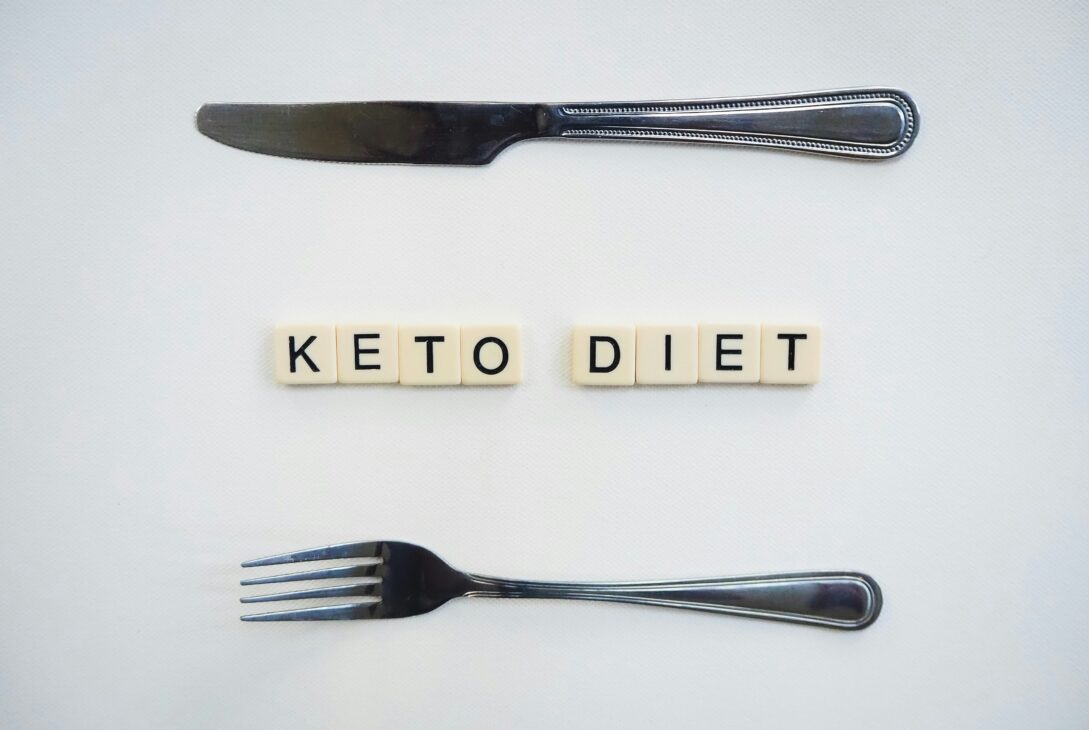Imagine a diet where butter, cheese, and avocado aren’t just allowed—they’re encouraged. Welcome to the ketogenic diet: the low-carb, high-fat sensation that has taken the health and wellness world by storm. Reducing carbs allows your body to enter a metabolic state known as ketosis where your body begins effectively burning fat for energy. Fat also turns into ketones in the liver, developing more energy. With the right balance, a ketogenic diet becomes more than a fad. In fact, it can be a powerful tool for transforming health. For example, some research and lived experience suggest that a ketogenic diet can confer therapeutic benefit for Alzheimer’s disease and epilepsy. Could it even show promise for cancer?
Researchers from the University of Notre Dame think so. In news shared with Science Daily, the University of Notre Dame discusses insights from a study evaluating the impact of a ketogenic diet on immunotherapy efficacy for people with prostate cancer, a common cancer that forms in the prostate gland. Early-stage prostate cancer is easiest to treat. Yet there are treatment challenges. Prostate cancer exhibits significant resistance to immune checkpoint blockade (ICB) therapy, a cutting-edge form of immunotherapy that inhibits specific protein binding that deactivates T cells. By blocking these proteins, ICB therapy reactivates T cells, empowering them to aggressively target and destroy cancer cells. While immunotherapy and ICB therapy have been effective in other forms of cancer, it faces substantial challenges in overcoming prostate cancer’s defenses.
Could a Ketogenic Diet Be the Key?
Sean Murphy, a Notre Dame alumnus and doctoral student who follows the ketogenic diet, had an idea. Cancer cells use sugar to grow and proliferate. Carbohydrates break down into simple sugars like glucose. So, Murphy hypothesized, giving less or no carbohydrates to murine models of cancer could stop cancer from growing further. Other members of the lab that Murphy works in found the idea fascinating.
Murphy split the mouse models into six different groups that were given:
- Just immunotherapy
- Ketogenic diet with no other pharmacological interventions
- A pre-ketone supplement
- Both immunotherapy and the ketogenic diet
- Immunotherapy and the pre-ketone supplement
- Nothing (the control group)
Research published in Cancer Research shows that immunotherapy still had no impact on the mouse models of prostate cancer. Alternately, the ketogenic diet and the pre-ketone supplement used alongside immunotherapy did show efficacy. The pre-ketone supplement with immunotherapy was most effective, eliminating prostate cancer in 23% of mice. In other models with either combination, the mice’s lifespan was extended while tumors shark in size. Additionally, single-cell RNA sequencing showed that combining the immunotherapy with the pre-ketone supplement changed the tumor microenvironment, reducing neutrophil levels and recruiting T cells to attack and kill the cancer.
The study’s findings suggest that a pre-ketone supplement could improve prostate cancer care, although additional research and studies are required.
Editor’s Note: Get Involved
Cancer doesn’t discriminate. WHATNEXT and its partners are interested in amplifying the voices of those from all identities and backgrounds. If you have a cancer journey to share, reach out here to learn more about how your voice can help spread awareness and inspire individuals from all walks of life.
ketogenic diet ketosis medical research oncology prostate cancer research
Last modified: May 29, 2024











